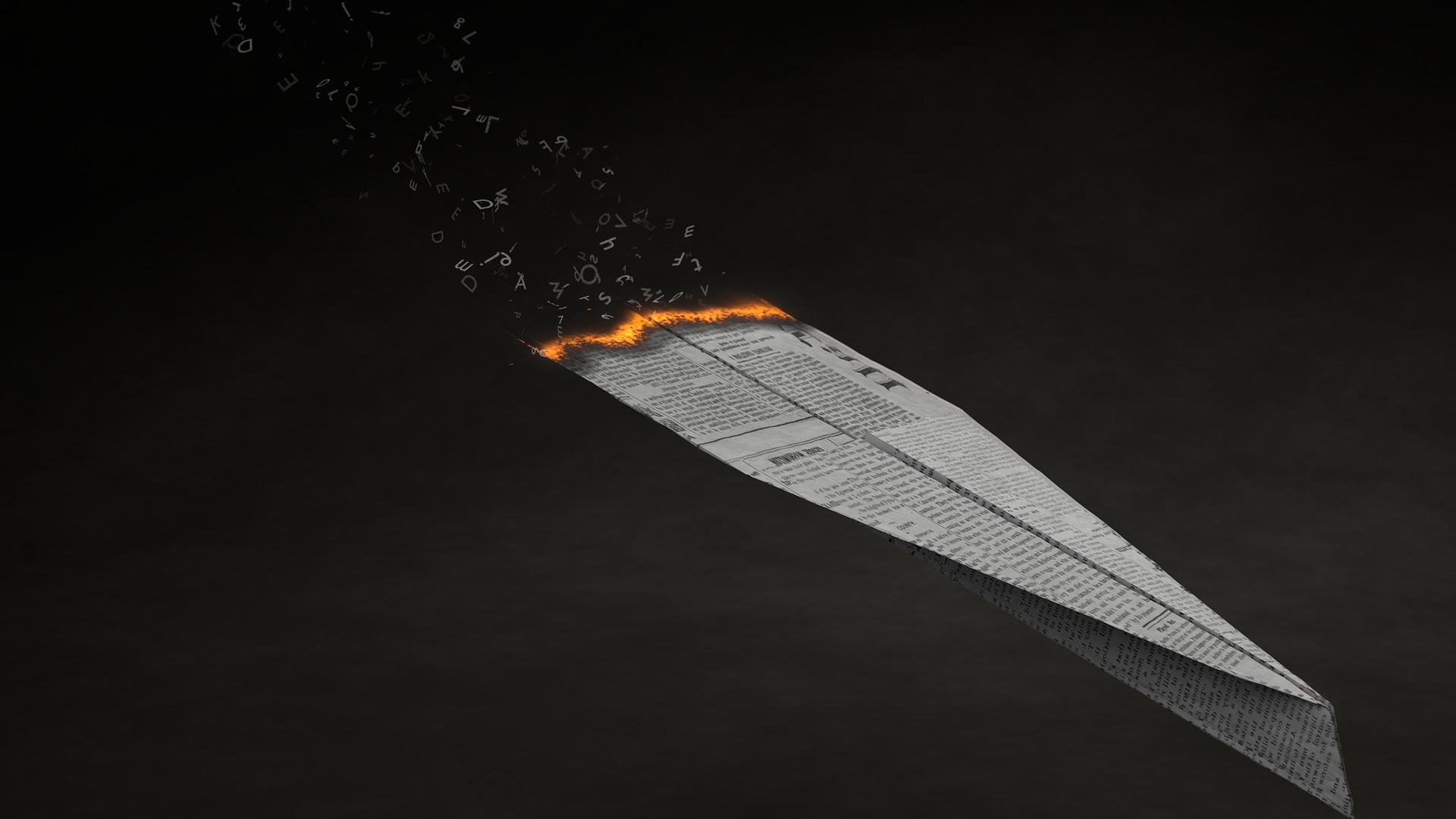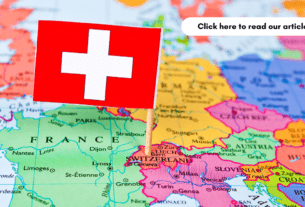Living in a world of “fake news” headlines has implications many of us probably never even consider. When we hear about fake news, most of us will undoubtedly think of the U.S. President Donald Trump – and his criticism of mainstream media outlets.
However, it also has adverse practical implications. Attacks against the freedom of press, for example, have increased drastically over the past three years, with the Committee to Protect Journalists (CPJ) claiming 2018 to be the third year in a row to have seen 251 journalists jailed globally. Alongside this increasing norm of imprisoning freedom of speech comes governments furthering legal legislations to control and censor the contents available to their citizens.
Vladimir Putin, for example, may soon be signing bills recently approved by Russian parliament, laws which will criminalise “fake news” being spread online or “disrespect” against government officials, including Putin himself, and state symbols.
The first approved bill would fine individuals found to be “disrespecting” the state, government bodies or symbols, with repeat offenders potentially facing up to 15 days in prison. The second approved bill would block online users found to be publishing or sharing “fake news” intending to threaten the security and health of the public.
Lawmakers proposing the bills, of the governing United Russia party, defended the legislations with claims that the laws would “ensure protection against so-called web-based terrorists”. While other law-makers claimed that the bills would “discipline our citizens” and promote “greater accountability”.
One of the main concerns currently surrounding this legislation are the implications this will entail for journalists. The increased rhetoric regarding “fake news”, which continues to be fuelled by the U.S. President Donald Trump, has led to an increase of journalists being imprisoned on false news charges worldwide.
The CPJ found that in 2016, there were 9 cases of ‘false news charges’ (in 2 countries); this jumped to 21 false news charges in 6 countries the following year, steadily increasing to 28 cases in 2018. The highest number of journalists imprisoned on false news charges were jailed in Egypt, followed by four journalists in Cameroon, three in Rwanda and China and Morocco imprisoning one journalist each.
Understanding the problem: Censorship
Joel Simon of the CPJ published a book in 2014 on the global press freedom struggles, The New Censorship. The struggles of controlling online contents, he argues, fall into three broad categories: repression 2.0, masked political control, and technology capture. The first class, repression 2.0, Simon describes as “an update on the worst old-style tactics, from state censorship to the imprisonment of critics”.
He considers masked political control as using the means of democratic norms, by systematic effort to hide repressive actions. This means that governments may justify their actions as a means to suppress hate speech or incitement of violence, such as the global fight against terror.
Lastly, Simon describes technology capture as a “means using the same technologies that have spawned the global information explosion to stifle dissent, by monitoring and surveilling critics, blocking websites and using trolling to shout down critical voices”. Furthermore, he notes the sowing of confusion through propaganda and false news.
When applying these categories to the aforementioned legislations, it is easy to draw comparisons to the proposed Russian bills. One may claim that the first bill is related to Simon’s repression 2.0, with the second bill supporting technology capture. Furthermore, statements made by the MPs of the United Russia party of fighting “web-based terrorism” echo the masked political control suggested by Simon.
These strategies have already contributed to an upsurge in imprisonments and killings of journalists globally. As noted earlier on, in 2018 the CPJ found there to be 251 imprisonments of journalists worldwide. More must be done to protect the right to freedom of speech – and the reporting thereof. Since their records began in 1992, the CPJ have confirmed 1337 journalists to have been killed worldwide. With a steady number of journalists remaining imprisoned, the Russian legislations are only the beginning to a decline of acknowledgements of the right to freedom of speech.
______________________________________________________________________________
Tamsin Ann Wisken is currently studying Social Anthropology and Sociology. She also volunteers and works with Amnesty International.




